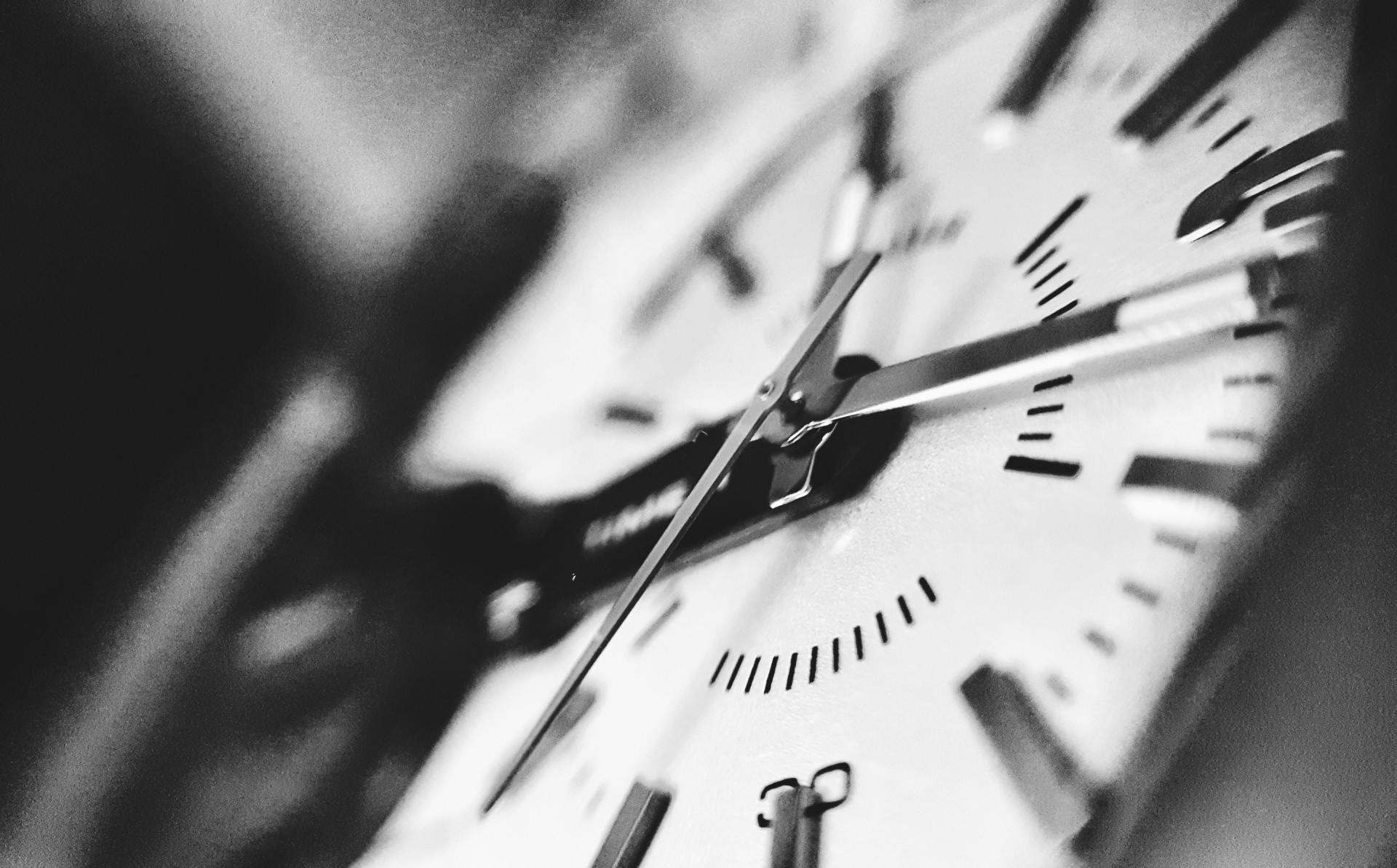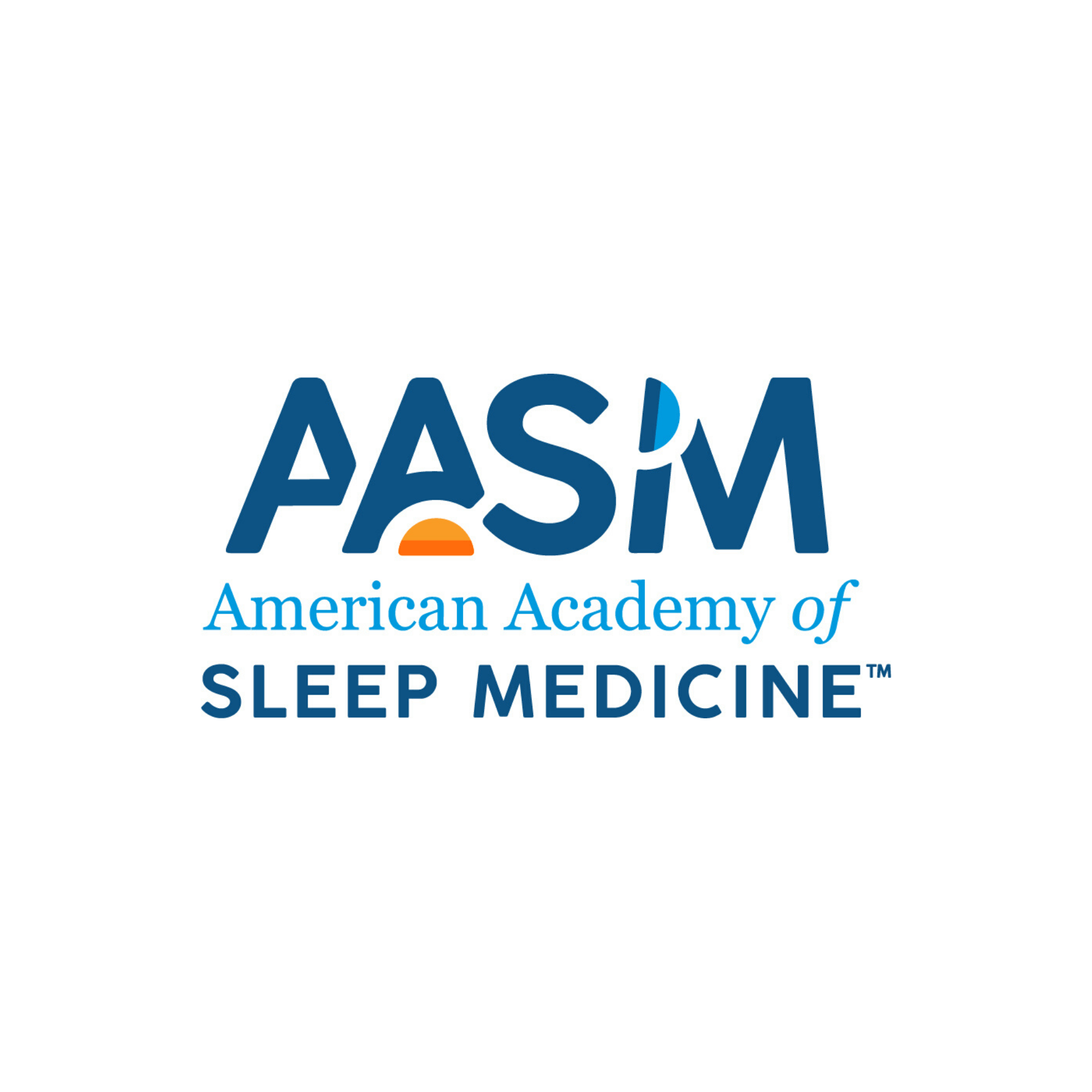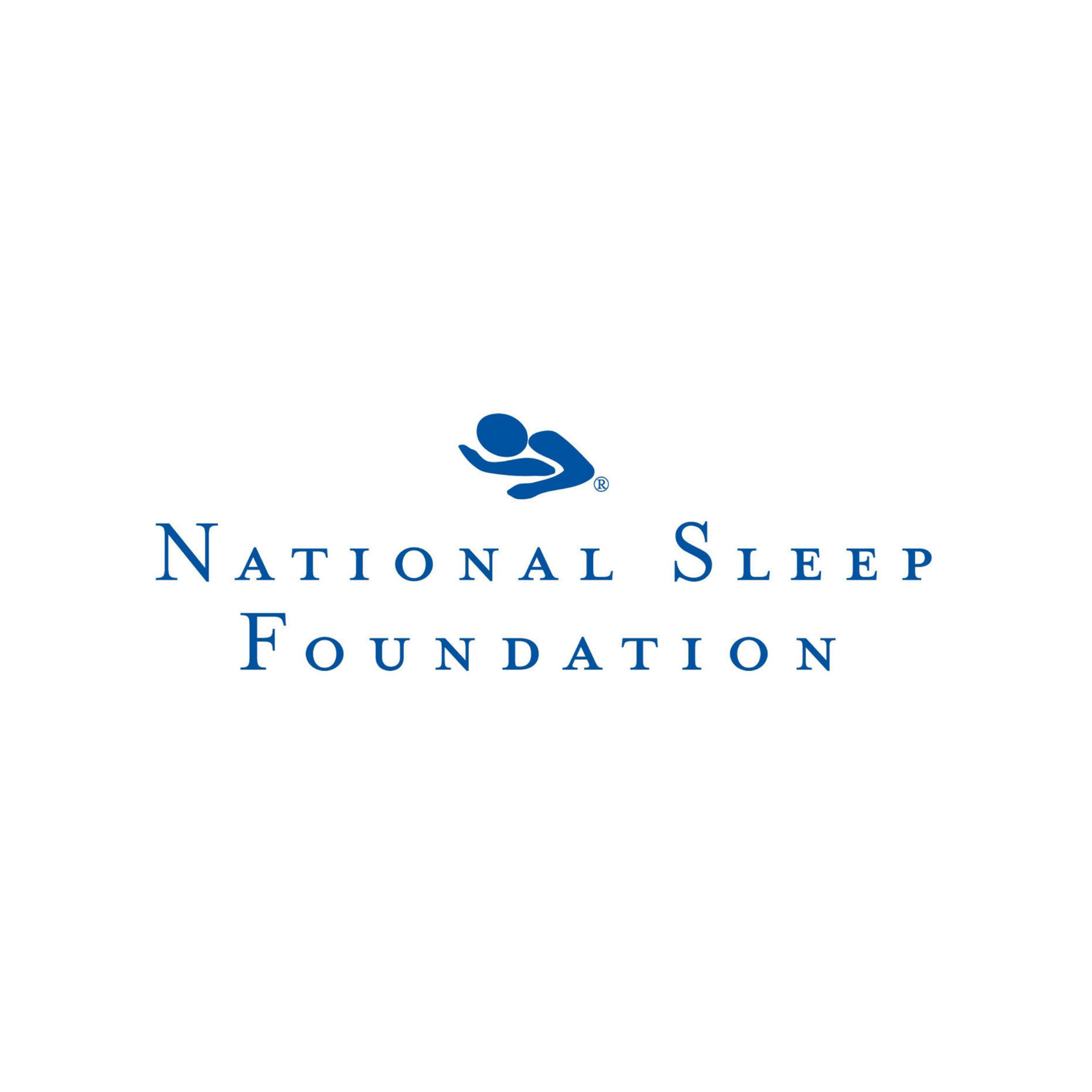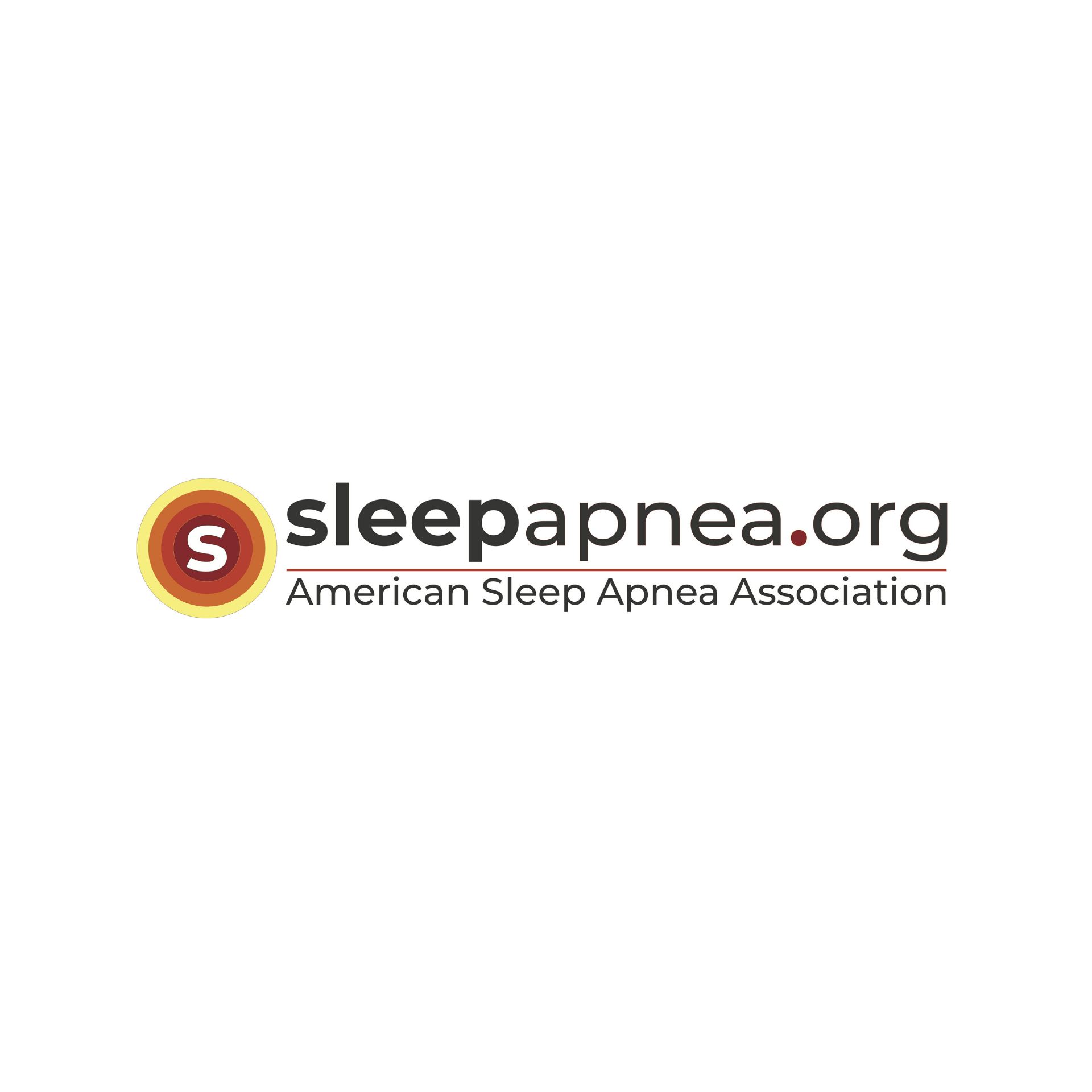Scroll for more tabs
NARCOLEPSY
Narcolepsy is a chronic (long-term) problem. The name comes from the Greek 'seized by somnolence'. Your sleep is affected so that you feel excessively tired and drowsy during the daytime but have disturbed night time sleep. You can also have sleep attacks where you fall asleep during the day without any warning.
Many people with narcolepsy also have cataplexy. This is where you have sudden loss of control over some of your muscles. There are other symptoms of narcolepsy including hallucinations (seeing, hearing or feeling something that is not really there) as you are falling off to sleep or waking up from sleep.
What causes narcolepsy?
If you have narcolepsy, your sleep-wake cycle is disrupted. You enter REM sleep more quickly than usual and at some inappropriate times. The exact cause of this is uncertain.
People with narcolepsy have been found to have reduced levels of a neurotransmitter chemical called hypocretin in their brain. Hypocretin helps to control your sleep-wake cycle. Lack of hypocretin is thought to play a part in the rapid switching between being awake and entering REM sleep in someone with narcolepsy.
It has been suggested that narcolepsy may be a type of autoimmune disease where there is damage to the cells in the brain that produce hypocretin. (Normally, our body makes antibodies to fight infections; for example, when we catch a cold or have a sore throat. These antibodies help to kill the cells of the bacteria, viruses or other germs causing the infection. In autoimmune diseases the body makes similar antibodies (autoantibodies) that attack its normal cells.)
It has also been suggested that other things such as a virus may trigger the damage to hypocretin-producing cells in susceptible people.
Your genes may possibly play a part in the development of narcolepsy. About 2 in 100 people with narcolepsy have a close family member with the condition.
How common is narcolepsy and who gets it?
Narcolepsy is not common. It is thought to affect between three and five people per 10,000, although numbers may be a little higher than this. It is most commonly diagnosed in your teenage years but it has also been diagnosed in younger children. However, narcolepsy may go unrecognized for many years and, once you are diagnosed as an adult, you may be able to look back to your teens and recognize some of the symptoms.
Narcolepsy seems to affect both men and women equally. If you have a close family member (mother, father, brother or sister) who has narcolepsy, you have an increased risk of developing it yourself.
What are the symptoms of narcolepsy?
How is narcolepsy diagnosed?
Information from you or others
Your doctor will usually ask questions about your sleep pattern and quality. They may also ask if you (or other people) have noticed any signs that you may have cataplexy. They may ask about any medication that you are taking, any other health problems that you may have, whether you snore, and also about your mood. This is to exclude other causes of excessive daytime sleepiness including depression and obstructive sleep apnea (a condition where your breathing stops for short spells when you are asleep). It can be helpful for your bed partner to be present (if you have one) when you talk to your doctor.
Your doctor may ask you to complete the Epworth Sleepiness Scale to assess how sleepy you are. A total score of 11 or more may mean that you have a sleeping disorder such as obstructive sleep apnea. A very high score such as 17 or more may indicate that you have narcolepsy.
Sleep studies
If your doctor is concerned that you may have narcolepsy, they will usually refer you to a specialist so that you can have some sleep studies. This typically means your sleeping overnight in a sleep lab and having a test called a polysomnogram. Your heart, brain, muscles and eyes are monitored closely whilst you are sleeping overnight, using electrodes attached to your scalp, chin, eyelids and chest. A video camera may also record you while you are sleeping. This test can show your brainwaves, breathing patterns, eye and muscle movements and the phases of sleep that you cycle through during the night.
Your level of sleepiness the next day can also be measured using a test called the multiple sleep latency test. This test looks at how long it takes for you to fall asleep during the day time. It is usual for people with narcolepsy to fall asleep very quickly when they are asked to try to take a nap.
Other tests
Sometimes other tests may be done to confirm narcolepsy, or to rule out other causes of excessive daytime sleepiness. These can include the measurement of the levels of the chemical hypocretin in your cerebrospinal fluid (the fluid that bathes your brain and spinal cord). A lumbar puncture is done to collect the fluid. (A needle is pushed through the skin and tissues between two vertebrae into the space around the spinal cord which is filled with cerebrospinal fluid. See separate leaflet called 'Lumbar Puncture' for more detail.) An MRI scan of the brain or certain blood tests may also be suggested.
What is the treatment for narcolepsy?
There is no cure for narcolepsy. However, treatment can help to control symptoms.









